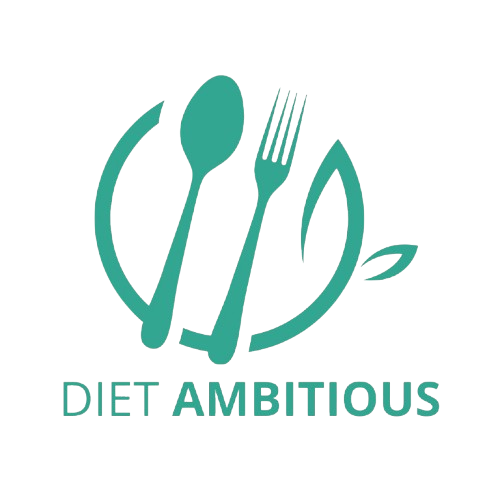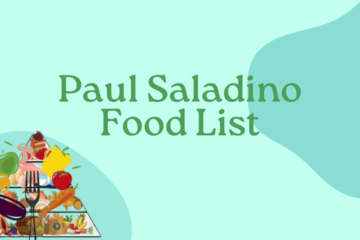Oral surgery is a common procedure, whether it’s for tooth extractions, dental implants, gum surgery, or any other oral procedure. Post-surgery care is crucial for a smooth recovery, and one of the key factors is following the right diet.
A soft diet after oral surgery ensures that the healing process is smooth while preventing discomfort, irritation, and the risk of complications like infections or dry sockets. Let’s explore why a soft diet is necessary and what foods are recommended to aid in recovery.
Table of Contents
Why a Soft Diet is Important After Oral Surgery
After oral surgery, the mouth and surrounding tissues are often sore, swollen, and sensitive. Hard, crunchy, or sticky foods can further irritate the surgical site, potentially causing pain or damaging the stitches. Eating soft foods helps to avoid putting pressure on the healing area, reduces discomfort, and speeds up the recovery process. Additionally, soft foods are easy to chew and swallow, preventing accidental trauma to the surgical area.
A soft diet is generally recommended for at least a few days to a week after the surgery, depending on the complexity of the procedure and the surgeon’s advice.
Foods to Include in a Soft Diet
While on a soft diet after oral surgery, it’s important to focus on nourishing foods that provide essential nutrients for healing, such as protein, vitamins, and minerals. Here are some food groups to consider incorporating into your post-surgery diet:
1. Smoothies and Protein Shakes
Smoothies and protein shakes are excellent options for those recovering from oral surgery. You can blend fruits, yogurt, and even protein powder to create a filling and nutritious drink. Be sure to avoid adding seeds or nuts that can irritate your surgical site. A combination of fruits like bananas, berries, or peaches with yogurt or milk can provide essential vitamins and protein for healing.
2. Mashed Potatoes
Mashed potatoes are a go-to soft food after oral surgery. They are easy to eat, mild in flavor, and can be enhanced with butter or sour cream for added nutrition. You can also try sweet potatoes, which provide extra vitamins like Vitamin A and fiber.
3. Soups and Broths
Clear broths and pureed soups are great for staying hydrated and nourished. Opt for creamy soups like butternut squash, tomato, or chicken noodle (without chunks) that are smooth and easy to swallow. These soups are also rich in vitamins and minerals, which are vital for recovery. Just make sure the soup is not too hot, as it could cause discomfort to your sensitive gums and tissues.
4. Yogurt and Pudding
Yogurt and pudding are soft, creamy foods that are easy to swallow and provide valuable nutrients. Yogurt contains probiotics, which promote gut health, while pudding can offer a soothing treat. Both can be easily digested and provide a sweet alternative to other soft foods.
5. Scrambled Eggs
Scrambled eggs are rich in protein, which is essential for healing tissues after surgery. Eggs are soft, moist, and easy to eat, making them an ideal choice for post-surgery recovery. You can even mix in some cheese or spinach to enhance the flavor and nutritional value.
6. Applesauce
Applesauce is another smooth food that is gentle on your surgical sites. It’s rich in vitamins, particularly Vitamin C, which is crucial for wound healing. Choose unsweetened applesauce to avoid unnecessary sugar, which can hinder the healing process.
7. Oatmeal and Creamy Cereal
Oatmeal and soft cereals like cream of wheat are excellent choices for breakfast. They are gentle on the mouth and provide essential carbohydrates and fiber. You can sweeten your oatmeal with a drizzle of honey or some mashed fruit for flavor.
8. Avocados
Avocados are soft and packed with healthy fats that support healing. They are easy to mash and can be added to various dishes or eaten on their own. Avocados also contain potassium, which helps to maintain proper fluid balance and muscle function.
9. Smooth Nut Butters
Nut butters like peanut butter or almond butter are great sources of protein and healthy fats. Spread a thin layer on soft bread, crackers, or oatmeal for a nutrient-packed snack. Just be careful not to have chunky nut butter, as the pieces could irritate the surgical site.
Foods to Avoid After Oral Surgery
While following a soft diet, there are several foods and beverages you should avoid to prevent irritation or complications:
1. Hard, Crunchy, and Chewy Foods
Avoid foods like chips, nuts, popcorn, and hard breads. These can break into small pieces that might get stuck in the surgical site or cause irritation and discomfort. Tough, chewy foods like bagels, pizza crust, or steak can also strain the healing area.
2. Spicy or Acidic Foods
Spicy foods, citrus fruits, and anything with a lot of vinegar or acidity can irritate your mouth and cause pain or swelling. Avoid foods like hot sauces, citrus fruits, and spicy peppers until the surgical site has healed.
3. Hot Foods and Beverages
Hot foods or drinks can exacerbate swelling and discomfort in your mouth. It’s best to wait until your food or drink has cooled down before consuming it. Hot coffee or soup can be particularly problematic after surgery.
4. Carbonated Drinks
Carbonated drinks like soda can cause bloating and discomfort, especially after oral surgery. Additionally, the acidity in soda can irritate the mouth and gums. Stick to still water or non-carbonated beverages.
5. Sticky Foods
Foods like caramel, taffy, and chewing gum can stick to your surgical site, making it difficult to clean your mouth properly. They can also increase the risk of infection.
Hydration After Oral Surgery
Staying hydrated is crucial for recovery, but be sure to avoid using straws during the first few days after surgery. Sucking on a straw can create a vacuum effect that may dislodge blood clots or interfere with the healing process. Instead, drink plenty of water or consume non-acidic drinks without a straw.
Conclusion
A soft diet after oral surgery plays a vital role in ensuring a smooth and successful recovery. By sticking to soft, nourishing foods that are gentle on your surgical site, you’ll reduce the risk of complications, minimize discomfort, and support your body’s healing process. Whether it’s creamy soups, scrambled eggs, or a smoothie, the right foods can make all the difference. Always follow your surgeon’s advice regarding your post-operative diet, and remember to listen to your body as it heals.




